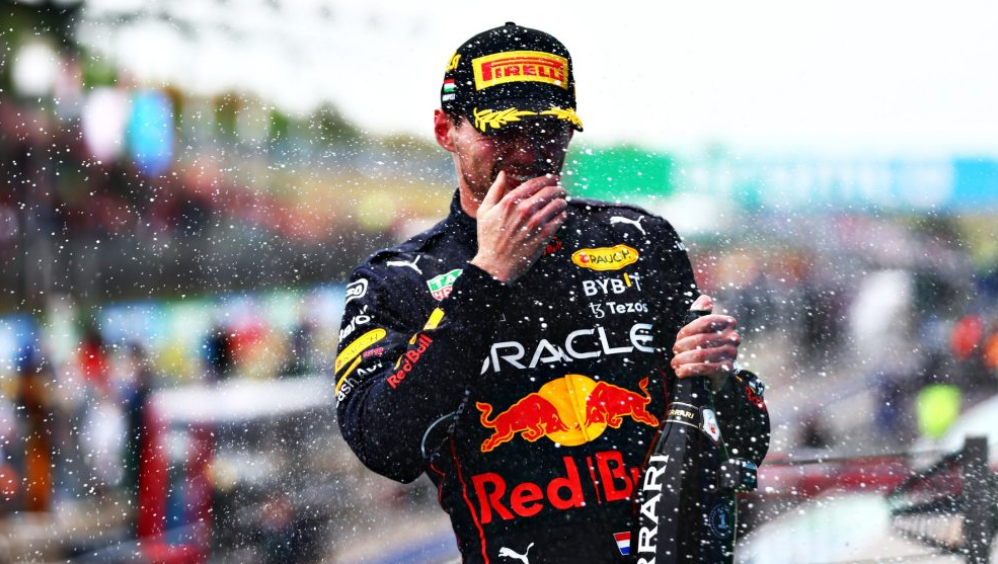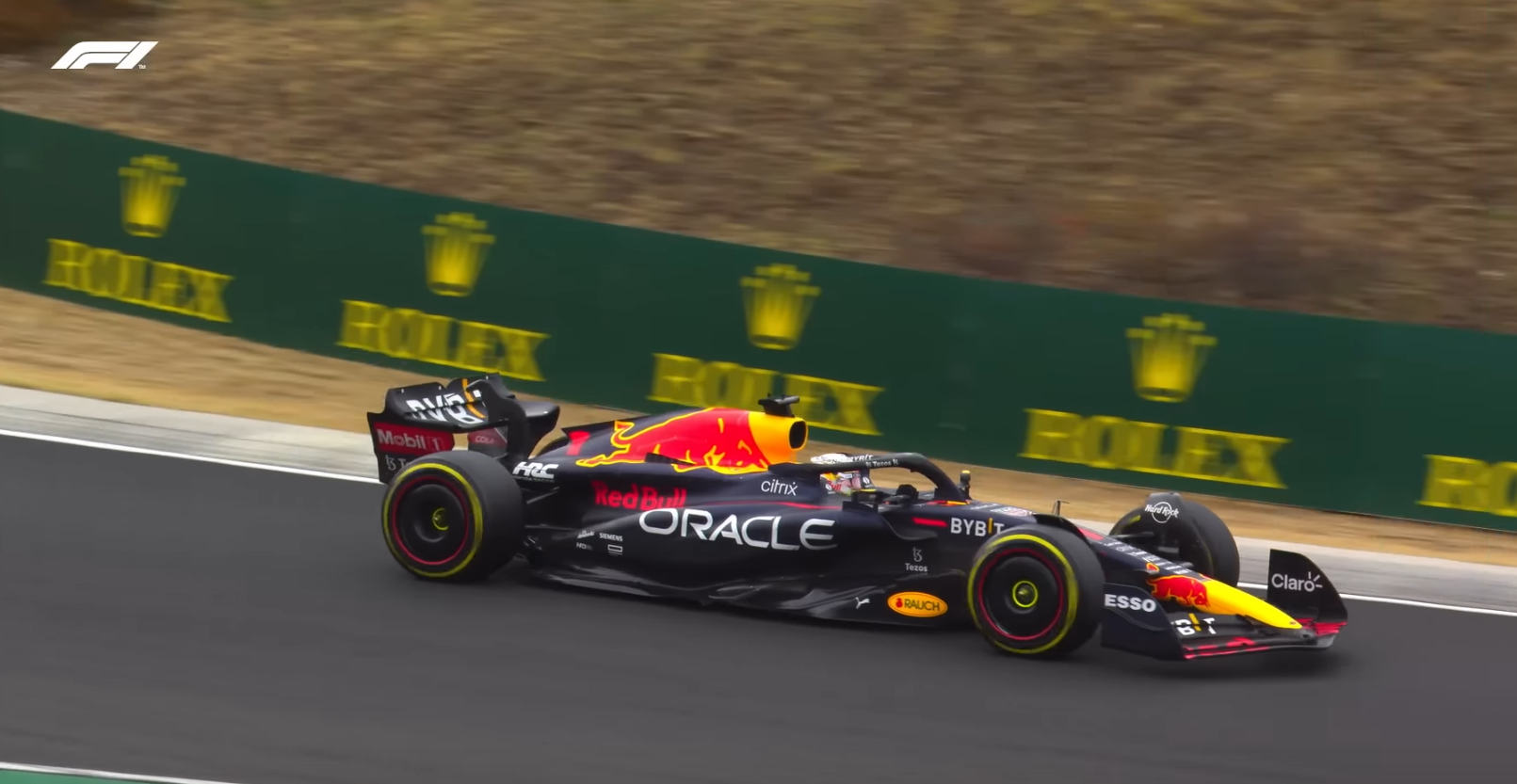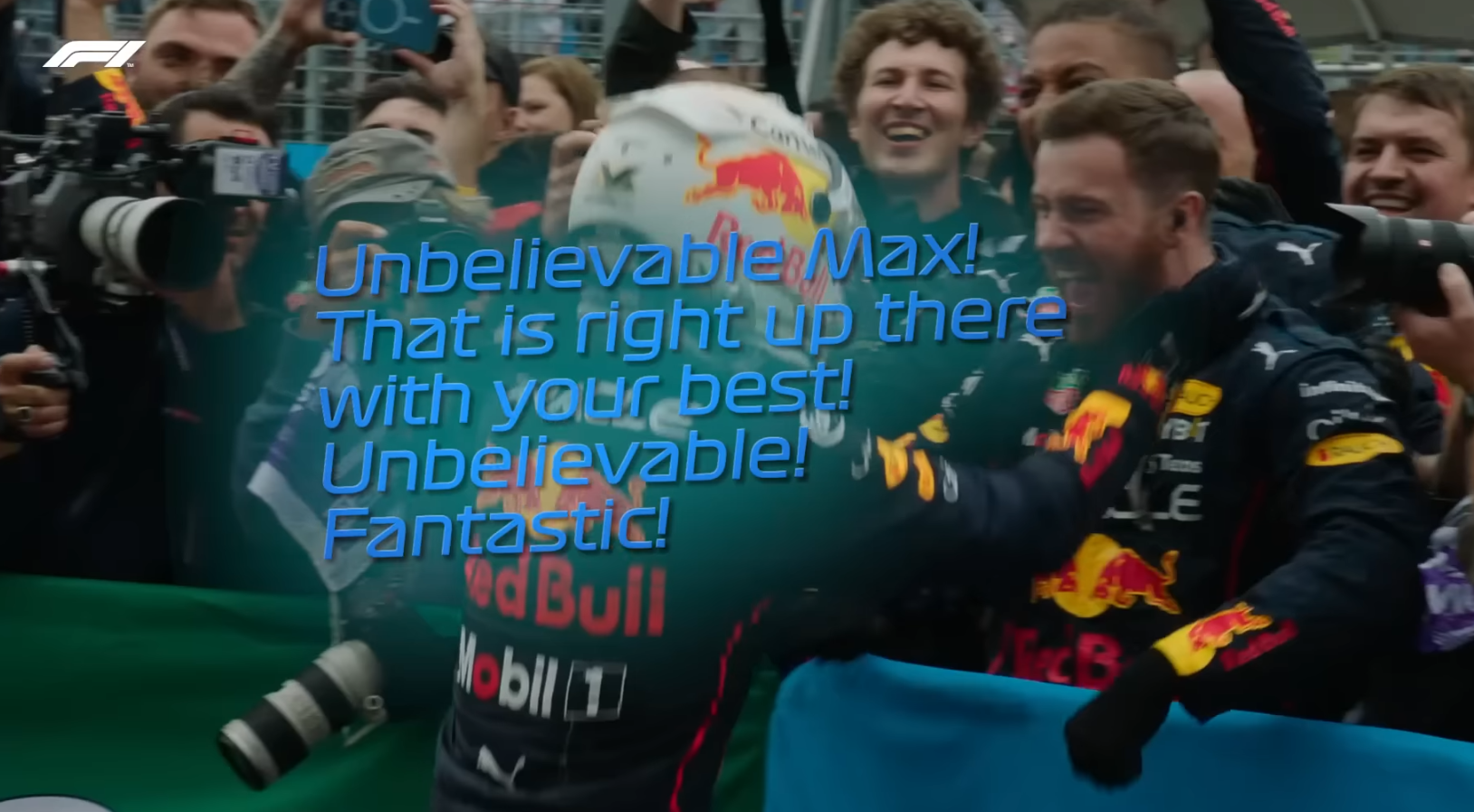Last season, Red Bull Racing won their first driver's championship since 2013. The energy drink giant fought through season after season of adversity and losses. Now with renewed confidence and pedigree, Red Bull looks to add more.
Leading that push for continued dominance is 24-year-old Dutch phenom Max Verstappen. One of the most polarizing drivers on the grid, you either love him or hate him. After the controversial last race that decided the fate of the previous season, all eyes were on the young world champion.
One championship is not enough
Last season, Red Bull Racing won their first driver's championship since 2013. The energy drink giant fought through season after season of adversity and losses. Now with renewed confidence and pedigree, Red Bull looks to add more.
Leading that push for continued dominance is 24 year old Dutch phenom Max Verstappen. One of the most polarizing drivers on the grid, you either love him or hate him. After the controversial last race that decided the fate of the previous season, all eyes were on the young world champion.
Coming into the 2022 season, there was a lot of hope and excitement for all the manufacturers. With new cars and regulations, every driver and team was starting at square one. Nobody was certain of who would have the advantage coming into the new season.
Yet, as we reach the near-month long "summer break" that splits the season, Red Bull has been dominant so far. Verstappen leads the driver's standings with eight race wins and 258 total points. In second place is Ferrari's Charles Leclerc, with only three wins and 178 points.
Why is Red Bull Dominant?
Driver's receive 25 points per race win. It would take Leclerc three race wins to even catch up to Verstappen's current total points. That would put them tied, if the Dutchman was unable to score a single point in those three races. That is not happening under any context.
A 97 point divide in the constructor's championship also separate leading Red Bull from second place Ferrari. What has been the difference maker between the two? Driver consistency and smart strategy choices.
Ferrari has shown time and time again that their car is very capable of going fast. The oldest team in Formula One has taken many pole positions and fastest laps throughout the season. Yet, they seem to always have a critical error that ends their races early.
End of the day, if you don't finish the race in the points, it doesn't matter if you have the fastest car or the best driver. Ferrari has made technical error after technical error and the numbers don't lie.
This is where Red Bull has done the opposite. Even when making mistakes, they have found a way to capitalize on their opportunities. The most recent Hungarian GP was a textbook example of this.
Execution wins Championships
Issues in the qualifying session left both Verstappen and teammate Sergio Perez in 10th and 11th place. A less than ideal start for cars capable of locking out pole position. Red Bull simulations had best case scenario of a P3 and P4 finish.
To add to the drama, Verstappen's car had issues with upshifting and clutch activation. Yet, thanks to perfect execution of the optimal tire and pit strategy, the Dutchman was fighting for lead by lap 41. Coming into the final corner, Verstappen would do a 360 spin, but remain on track.
Even after losing two positions in the critical error, Verstappen put his head down and battled back to the top. By the final lap, he would lead the GP by about eight seconds, taking his 8th win of the season.
Red Bull had only once before won a race when starting outside the top six positions. Verstappen had never won a race starting outside the top four positions. Will we see repeat of Max's success this year? From what we can see, things are looking positive for Red Bull fans. For a full recap of Max's masterclass in driving, check out the full breakdown of his victory from 's YouTube channel.




